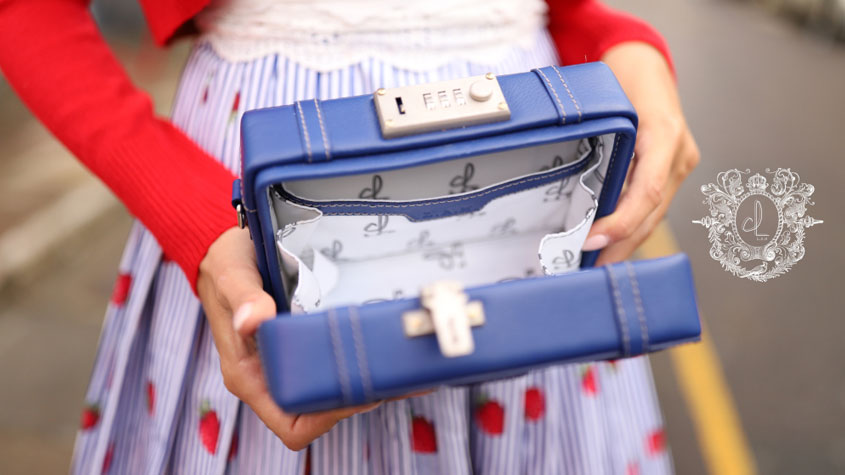LAM Leather Bags: Embracing Tradition
LAM Leather Bags (LAM) is a Bahraini Fashion brand directed towards the luxury goods market. Established in 2018 by designer Lulwa AbdulRahman ALMannai, the company specializes in high-quality bags, handbags, purses, suitcases and other accessories handmade from vegetable-tanned leather.

LAM is an abbreviation of the designer’s full name. The name in Arabic script is the letter (ل), which means “stick” in the Syriac language. In history books and dreams, a stick symbolizes power for its owner, and an aid and means of protection for a traveler.
Balancing artisanal craftsmanship with a sustainable business model, the company’s leather bags are produced without harmful chemicals. There are several methods for tanning leather, but vegetable-tanned leather means the hide is processed purely and naturally. LAM uses a traditional, artisanal process that takes advantage of the tannic acids that occur naturally in the bark, branches and leaves of plants and fruits.
The actual tanning process takes between one and three months. While industrialized methods for treating leather are often cheaper and easier to mass-produce, the handcrafted products of LAM are unique due to the natural tanning process used to make them, the resulting shades, and their classic features.

As a brand entering the leather goods sector in Bahrain, the company aims to be a dominant force in local and global markets. An innovative and creative brand, LAM offers its customers high-quality leather bags with a unique design.
I recall my happiness when my father gave me my first leather bag. I still reminisce about the smell of the leather and its fine touch. I remember how the bag gave me confidence as if it were my source of power.
Lulwa AbdulRahman ALMannai, founder of LAM Leather Bags
Building a brand legacy
It is common in the luxury goods market to find robust intellectual property (IP) portfolios behind famous brands. These IP portfolios tend to be worth a substantial amount (if not the single most valuable asset) of entire companies. With this in mind, LAM knew that IP would play a significant role in its branding strategy. Seeking trademark protection was an essential first step in the company’s strategic planning.
IP rights play a major role in our business through creating a strong foundation that provides us with confidence and security. IP also protects our business logo and product designs from being copied.
Lulwa AbdulRahman ALMannai, founder of LAM Leather Bags

LAM registered its trademark with the assistance of a lawyer. This has given it renewed confidence to continue investing in and developing its branding strategy.
The main lesson I learned by going through the long and complicated process of securing my IP is that I could feel safe, protected, and confident to continue with my current business and future projects.
Lulwa AbdulRahman ALMannai, founder of LAM Leather Bags
LAM believes that knowledge about IP should be more widespread. Ms. AbdulRahman ALMannai would welcome seeing it introduced in the education system at all stages, as this would build awareness of the benefits of IP rights from a young age. She also believes that national IP Offices have an essential role to play in supporting small and medium enterprises (SMEs). LAM has become a champion of IP and actively encourages other SMEs to seriously consider protecting their IP rights from the outset.